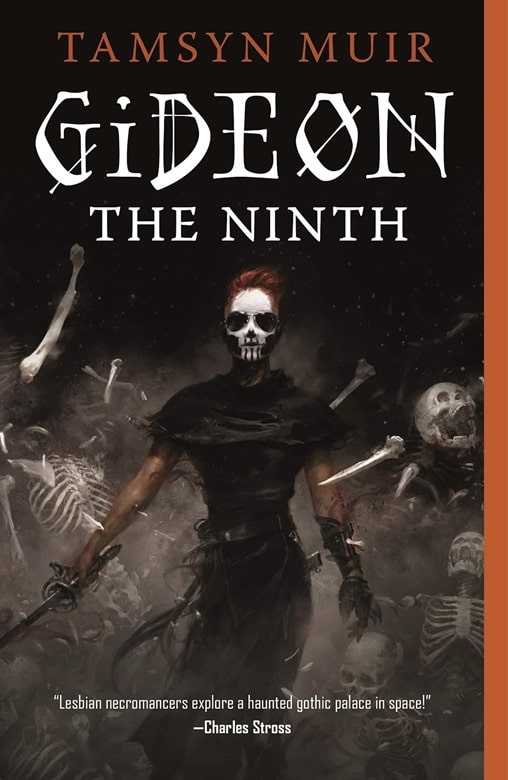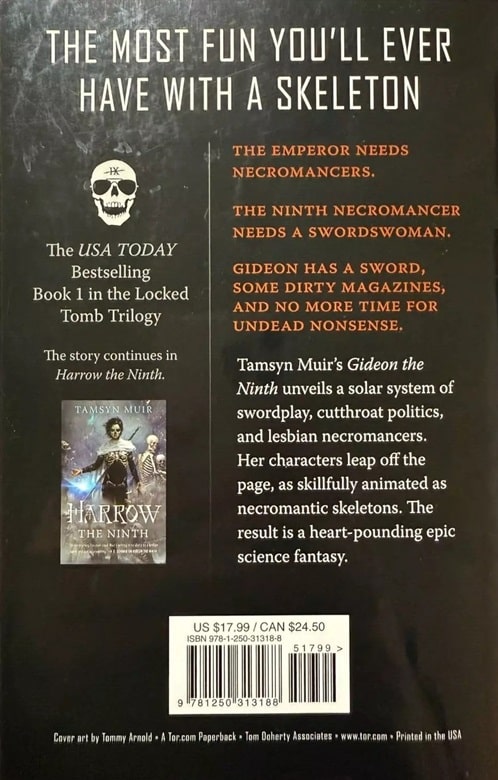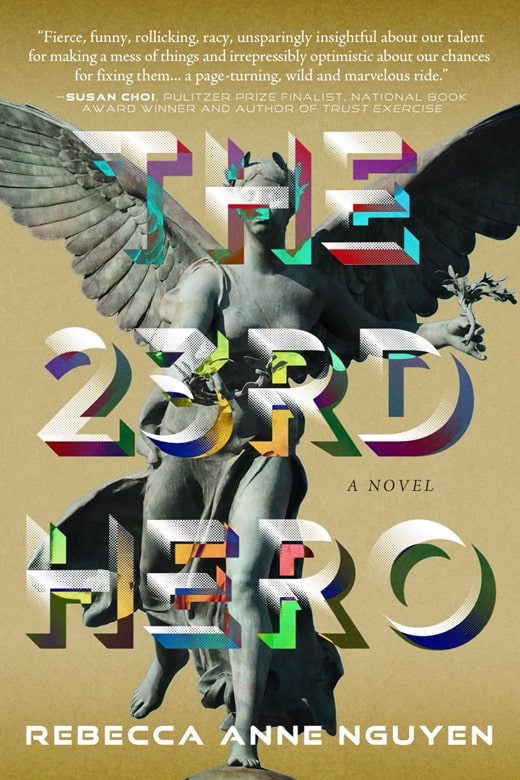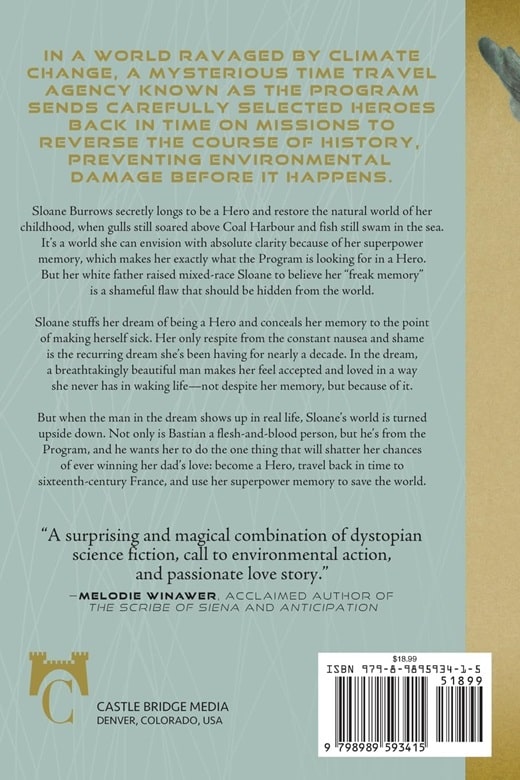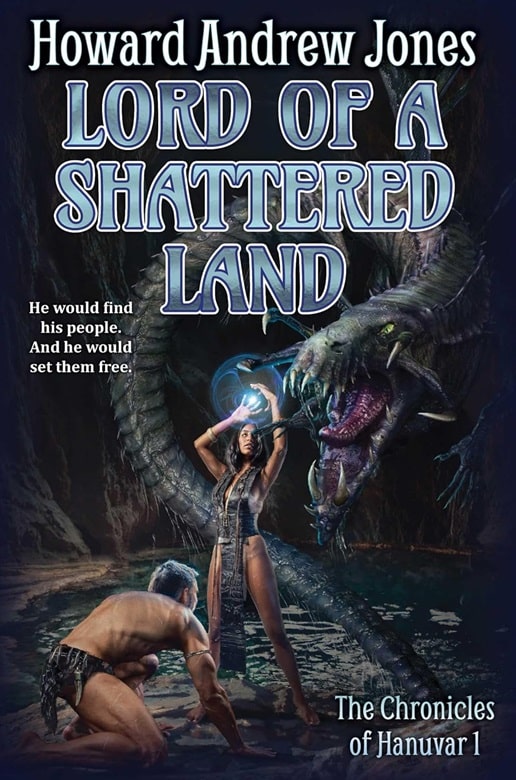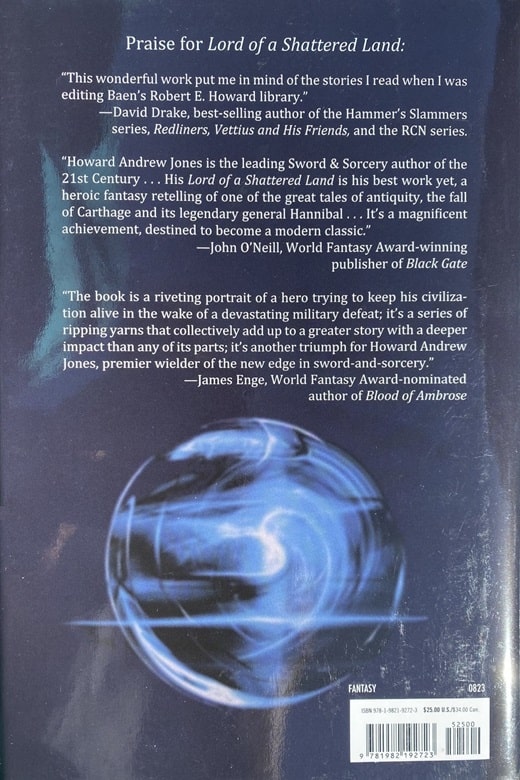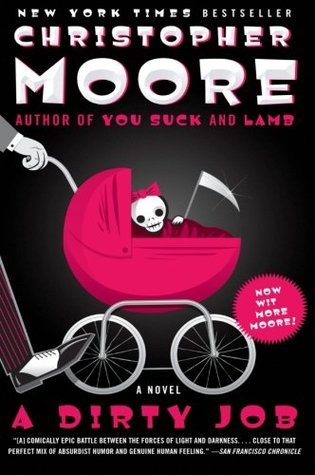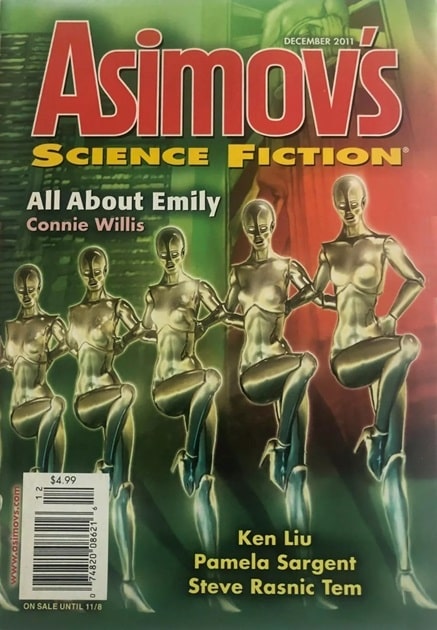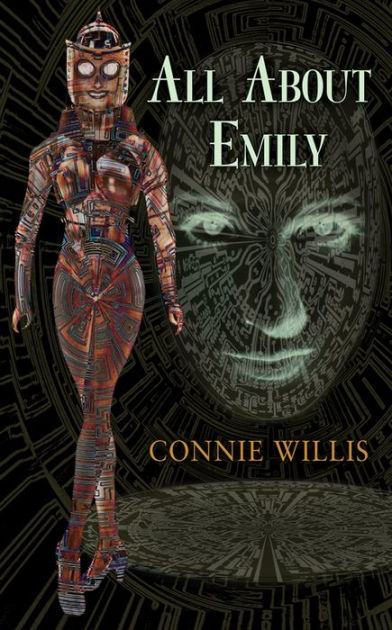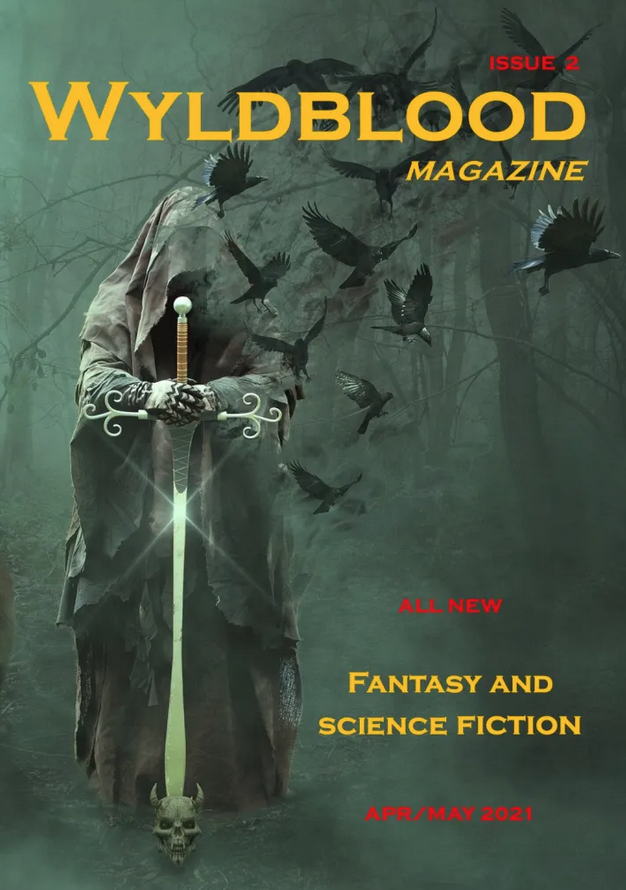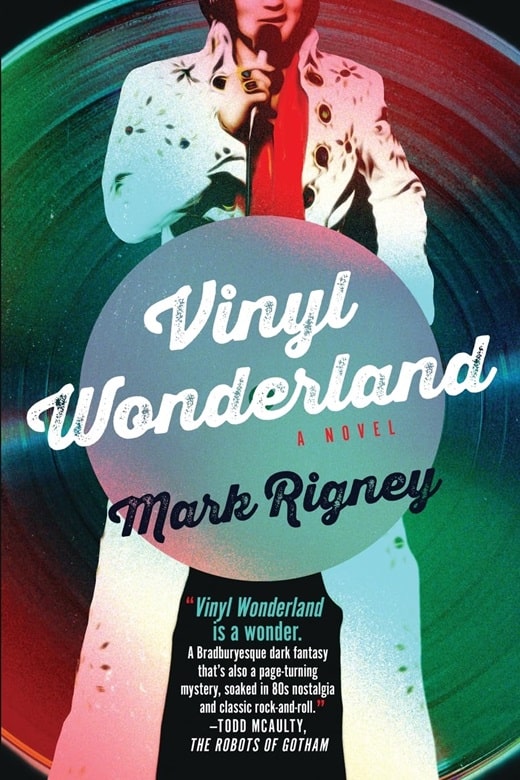
Vinyl Wonderland (Castle Bridge Media,
June 25, 2024). Cover uncredited
Some months back, I was toiling away in the vast Indiana compound of Black Gate, when I received a text from publisher John O’Neill, who had just finished reading my new novel, Vinyl Wonderland. He told me how much he enjoyed it –– don’t take my word for it, ask him –– and then he told me how sorry he was.
“What for?” I asked.
“Well,” said John, “if you had to live through even half of what your main character went through, then you’ve had one hell of a rough ride.”
I thought about what John had said as I made my nightly rounds of the massive server farm that houses all of Black Gate’s backlogged posts (including over one hundred of mine). Eventually, I crawled off to bed, feeling hopeful that the local kobolds wouldn’t stage another uprising until next month, so that I could get a good night’s rest.
The morning brought clarity, as it often does, and I sat up in bed like a shot. “A liar,” I declared, quoting Quintilian, “should have a good memory!”
Fiction is a lie, after all, spun from gossamer truths, and therefore I, as a writer of fiction, must be a liar. It follows that to succeed in my craft, I must cultivate an excellent memory. Logic (and Quintilian) demand it.
…
Read More Read More
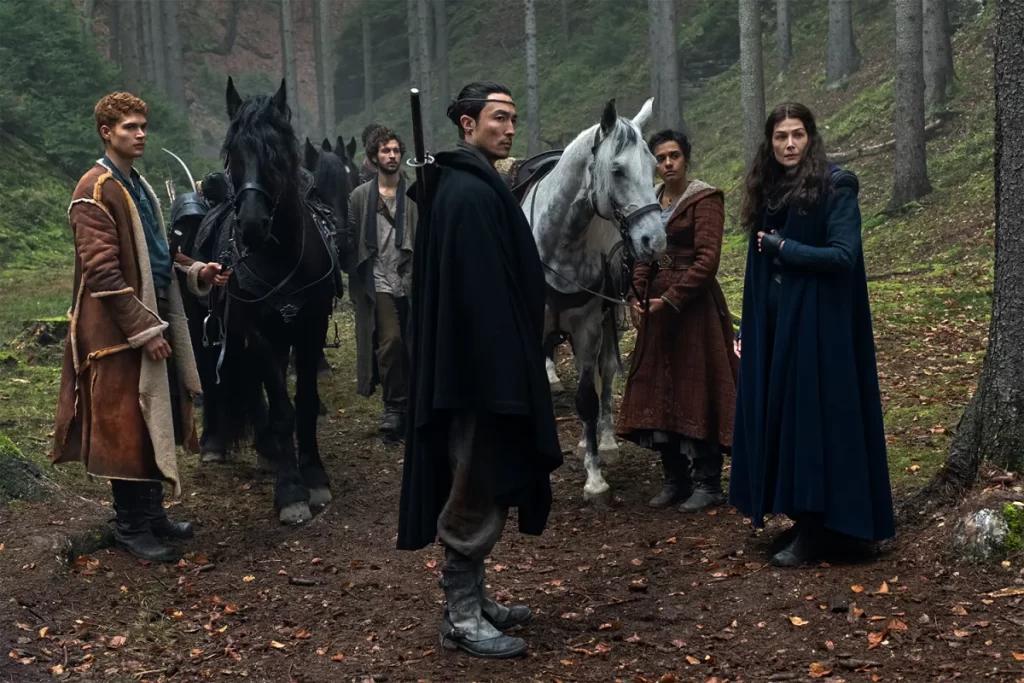 A friend and I have been watching The Wheel of Time adaptation on Amazon. Both of us expressed surprise not at the open casting, which we agree is wonderful, but at how that production choice plays out in small hamlets like Rand al’Thor’s “home town” of Two Rivers. After observing that every possible racial group is represented in this isolated, insular mountain community, my friend had an epiphany.
A friend and I have been watching The Wheel of Time adaptation on Amazon. Both of us expressed surprise not at the open casting, which we agree is wonderful, but at how that production choice plays out in small hamlets like Rand al’Thor’s “home town” of Two Rivers. After observing that every possible racial group is represented in this isolated, insular mountain community, my friend had an epiphany.